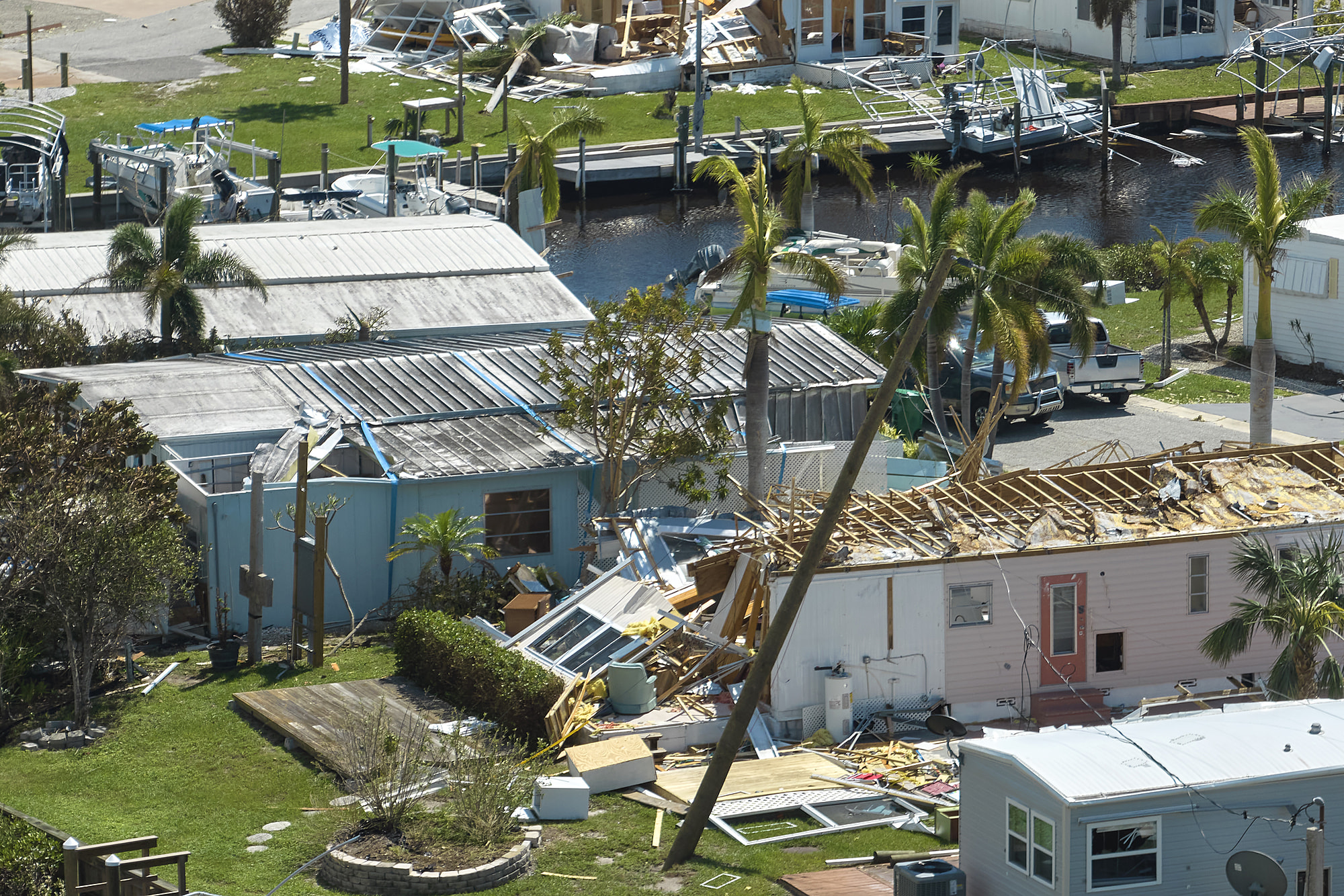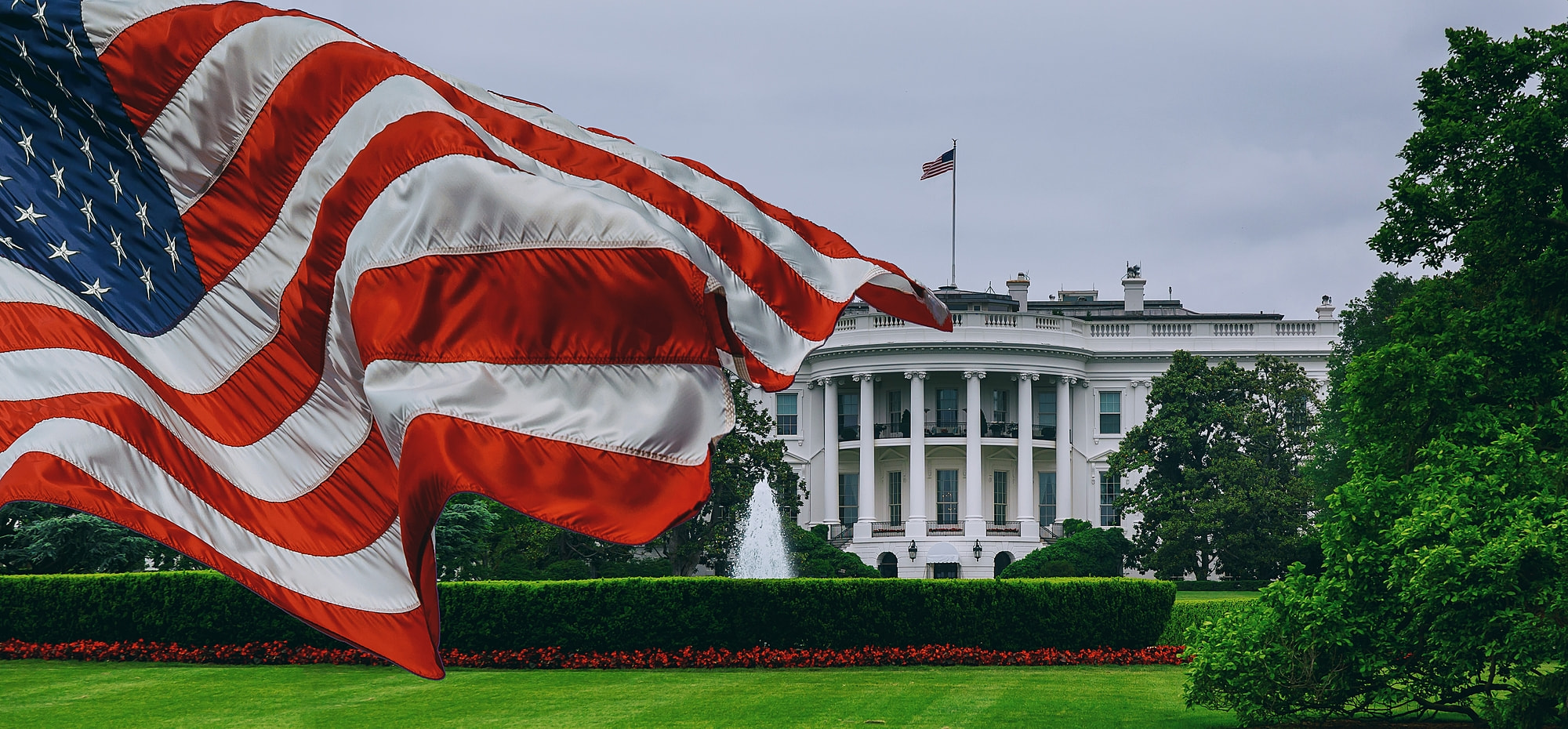Understanding the complexities of the federal marketplace can be a daunting task for many businesses. One fundamental step in accessing federal opportunities is the SAM System for Award Management (SAM) registration and renewal process. This process, however, can be complex, time-consuming, and if not executed properly, could lead to missed opportunities. This is where outsourcing SAM.gov renewal and registration comes into play, and we can help.
While the government does not charge a fee for SAM registration or renewal, there are several benefits to outsourcing your SAM.gov renewal and registration, including:
- Expertise and Knowledge
The first and perhaps most significant advantage of outsourcing your SAM registration and renewal process is the wealth of knowledge and expertise that specialized service providers bring to the table. We understand the ins and outs of the federal procurement marketplace. We also are well-versed in the rules and regulations associated with the SAM registration and renewal processes, so we can accurately and promptly complete the procedure. We also stay up-to-date with any changes in the SAM registration and renewal processes.
- Saving Time
Another major benefit of outsourcing SAM.gov registration and renewal is the significant time saving for business owners. The SAM registration process can take 10 or more hours, and while the renewal process can be faster, it still takes several hours to complete. Hiring an expert service provider will allow business owners to focus their valuable time and resources on their core competencies, rather than on the administrative burdens of SAM registration.
- Reduced Errors
Given the complexities involved in SAM.gov registration and renewal, there is a high probability of committing errors, which can delay or complicate the process. Experienced service providers can reduce the risk of errors in the SAM registration and renewal process, ensuring a smooth and efficient process that increases your chance of successful registration or renewal.
- Improved Compliance
Non-compliance with federal acquisition regulations can lead to severe penalties, including fines and exclusion from federal contractor jobs. Outsourcing the SAM.gov registration and renewal process to knowledgeable service providers can help businesses ensure their compliance with all regulations and avoid any potential legal troubles.
- Proactive Renewal Management
SAM.gov registration is not a one-time process; it requires annual renewal to maintain active status in the federal marketplace. Business owners often can forget or overlook this requirement amidst their daily operations. Professional service providers, however, will manage these renewals proactively, ensuring your business remains in good standing with the federal government and ready to seize any opportunities for government contracting jobs.
Outsourcing the SAM.gov registration and renewal process brings several strategic advantages. It allows business owners the ability to leverage expert knowledge, saves valuable time, minimizes errors, ensures improved compliance and offers proactive renewal management.
It’s important to remember that the right partner will not only take care of the technical details registration and renewal in the System for Award Management but will also provide valuable advice and guidance to navigate the complexities of the federal marketplace. So, as you choose to outsource, be sure to select a service provider with a strong track record, excellent customer service, and in-depth knowledge of the federal procurement marketplace.
Outsourcing the SAM.gov renewal and registration process can provide businesses with a competitive edge in the federal marketplace. By leaving these complex processes to the experts, businesses can focus on what they do best – providing excellent products and services to their federal customers. Ultimately, this strategic decision can pave the way for sustainable growth and success in the federal marketplace.
Why Choose Federal Contractor Registry?
We help hundreds of businesses every year with SAM registrations and renewals, but we also provide our customers with several value-added features that other renewal services may not provide.
For instance, we can help you with your Small Business Administration (SBA) registration and ensure that you are taking advantage of any SBA programs. The SBA offers several helpful programs that can help you procure government contracting jobs more easily.
For instance, you may qualify for various set-aside programs. The government “sets aside” a portion of all federal contracting jobs just for small businesses. These include Woman-Owned Small Businesses (WOSBs) and Veteran-Owned Small Businesses (VOSBs). These are just two set-asides, and we can determine which options are the best fit for your small business. If you qualify as a Super 8a Contractor, we also can introduce you to other Federal Contractors in our FCR network.
We also can help you with the notarized letter requirement for your initial SAM registration and help you acquire the Unique Entity Identifier (UEI), both of which are required steps for those new to the System for Award Management. We also frequently update our website with the latest news of interest to government contractors to help keep you informed about changes in government regulations, new contracting opportunities and much more.
Get Started Now!
Whether you are new to government contracting and need us to handle SAM registration or you want us to complete your SAM.gov renewal, the team at Federal Contractor Registry is always here to help.
For initial SAM registrations, simply click on the green New Registration tab on our homepage. For SAM.gov renewals, click on the blue Renew Registration tab and fill out our quick contact form. You also can check your registration status, by clicking on the gold Status Check tab, and we can let you know if your registration is active and when it will expire.


